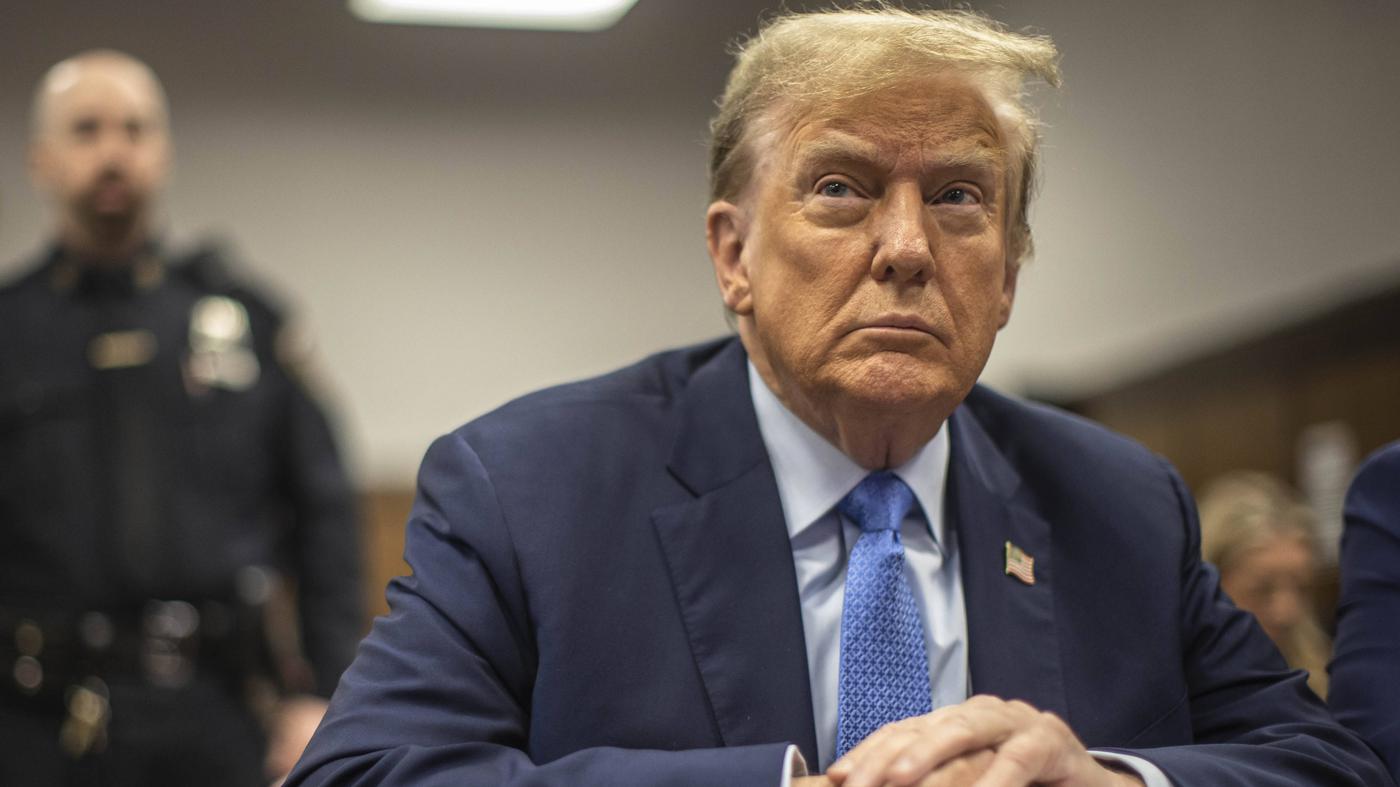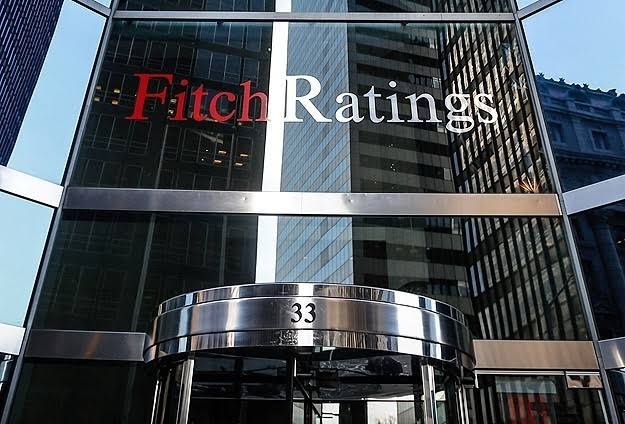EU Summit Focuses on Tax Reforms and Capital Market Integration to Counter US and China's Economic Might
As the European Union confronts economic fragmentation and competitive pressure from the US and China, proposals for tax reform and capital market integration become key deliberation points at the EU summit.
Published April 19, 2024 - 00:04am
:quality(70)/cloudfront-eu-central-1.images.arcpublishing.com/irishtimes/F5FDWMXJ4ZHUD7JXHBKP2FUPOQ.jpg)
Image recovered from irishtimes.com
The European Union is poised to reform its approach to tax legislation and bolster its economic competitiveness in response to 'aggressive tax planning' and the distortion of its single market, a report suggests.
A new proposal by former Italian Prime Minister Enrico Letta, appointed by EU leaders to reevaluate the EU's single market, hints at suspending the traditional veto power of individual countries on tax matters. This proposition arrives amidst the ongoing EU summit in Brussels, where leaders are expected to debate reforms aimed at propelling the EU to evenly match the economic strides of global players such as the United States and China.
Letta's report, infused with insights and proposals, has been instrumental in guiding discussions at the EU summit. Notably, it includes the creation of financial instruments with contributions from EU countries to reinforce industry growth, confronting an annual diversion of €300 billion in private savings to external markets. The reform momentum builds on the foundation that the EU hosts an astonishing €33 trillion in private savings, which is largely underutilized, with vast sums fleeing to the American market due to the fragmentation of Europe's financial sectors. To prevent this outflow and attract capital investment within the bloc, Letta urges for the formation of a Savings and Investment Union built upon the groundwork of an incomplete union of capital markets.
The single market's future is in the spotlight, with strategic areas like the defense industry now depending heavily on non-European suppliers. Letta's report spotlights an urgent need for the EU to craft a common industrial policy that is not merely a sum of the existing 27 national policies. Echoing this sentiment, at the summit's extraordinary session, leaders recognized that nearly 80% of the EU's military supplies are produced outside Europe, which implies a reliance on foreign provisions funded by European contributors.
Emphasizing the urgency of the situation, Letta has called for a shared European debt to increase military spending and stimulate the procurement of 'made in Europe' equipment—potentially presenting a Recovery Fund-like solution for the defense sector courtesy of Eurobonds.
EU leaders are confronted with a stark reality: the existing market fragmentation and disparate national regulations are inhibiting the EU's ability to fully capitalize on a market comprising 450 million consumers. The single market, once competitive with the US economy, now lags with less than a 30% growth rate since 1993 compared to the US's 60%. These concerns over Europe's economic lapse are magnified by threats from the Inflation Reduction Act (IRA) of the US, escalating competition against European industry which has lost nearly one million manufacturing jobs over recent years.
In summary, the key takeaways from the summit and Letta's report emphasize the critical need to address issues of tax harmonization, financial market integration, and greater reliance on European resources to ensure the continent remains a prominent player on the global stage.
The urgency to bolster the EU's economic fortitude is not just about countering external fiscal paradigms but also internal inconsistencies that stifle growth. Letta's proposal for suspending veto rights on tax matters is a direct challenge to the national sovereignty that EU member states hold dear. This step, while contentious, is viewed by many as a necessary measure to achieve tax policy coherence and combat tax avoidance strategies that unfairly benefit certain member states at the expense of others. It is a recognition of the need for deeper integration to deal with practices that skew the competitive landscape and undermine the collective financial strength of the Union.
The push for tax harmonization within the EU extends beyond mere alignment of rates. It encompasses a broader spectrum of fiscal policies, including corporate taxation, value-added tax (VAT) systems, and digital taxation. The latter has gained particular prominence in recent years, as digital giants often exploit disparities in national tax laws, leading to significant revenue losses for some member countries. Enhanced cooperation and harmonization in tax policy are critical in leveling the playing field and ensuring fair taxation where profits are generated within the digital economy.
Another focal point of Letta's report is the collaborative effort toward bolstering the EU's defense capabilities. The reliance on non-European military supplies does not only undermine the EU's strategic autonomy but also its economic interests. By rallying behind a common defense fund, the EU would shape a more competitive and self-sufficient defense industry. This pivot requires a delicate balance between national defense interests and the collective European vision, encouraging member states to commit to a shared path of security and defense investment.
Furthermore, the report underscores the importance of addressing Europe's innovation deficit. To remain globally competitive, the EU needs to invest heavily in research and development (R&D), particularly in emerging technologies such as artificial intelligence, quantum computing, and green technologies. The establishment of an EU-wide innovation fund could provide the impetus necessary for Europe to retain its best talent, encourage breakthroughs, and translate them into viable, market-leading products and services.
Letta's report also calls for an ambitious digital transformation of the European economy. With the Digital Single Market strategy, the goal is to eliminate online barriers and ensure that citizens and businesses can seamlessly access and engage in online activities irrespective of their nationality or place of residence. This also involves significant investments in high-speed broadband infrastructure, cybersecurity, and e-government services, which is essential for the digital empowerment of Europe's economy.
In confronting these challenges, the Letta report aligns with the broader European Commission agenda of prioritizing a deeper single market, social fairness, and industrial and digital sovereignty. The European Green Deal alongside digital transformation form key pillars in making Europe fit for the digital age and in driving the necessary transition towards a clean, circular economy, sustainable resource use, and a climate-neutral continent by 2050.
Ultimately, the EU stands at a crossroads, and the summit in Brussels represents a historic opportunity to reshape its economic and fiscal landscape profoundly. Failure to act decisively could widen the gap with global competitors and imperil the EU's future prosperity. Success will hinge on the ability of EU leaders to unite around a shared vision of economic resilience, innovation, and sovereignty, and to take the difficult steps required to turn that vision into reality. In the words of Enrico Letta, "It is a 'now or never' moment for Europe's single market."







